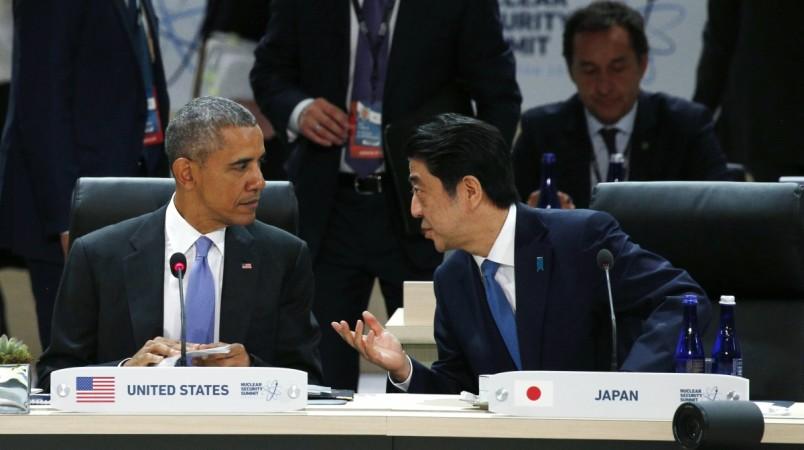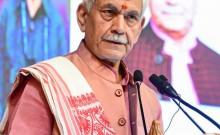
While maintaining that emphasis has to be placed on the current relationship between the United States and Japan who "came together to become one of the closest partnerships and closest allies in the world," U.S. President Barack Obama has said that he would not offer an apology for the nuclear attack by the U.S. on Japan 71 years ago.
Obama is set to become the first sitting American president to visit Japan's Hiroshima, the first city in the history of the world to have faced a nuclear attack. Obama will visit Hiroshima this Friday, accompanied by Japanese Prime Minister Shinzo Abe.
In an interview with Japan's national broadcaster NHK ahead of his visit, Obama said that leaders in times of war have to make hard choices, justifying his decision to not apologise for the nuclear attack. His visit would show that the former enemies are now on friendlier terms, Obama was quoted as saying by Reuters on Sunday.
"It's important to recognise that in the midst of war, leaders make all kinds of decisions, it's a job of historians to ask questions and examine them," Obama was quoted as saying by Reuters. "But I know, as somebody who's now sat in this position for the last seven and half years, that every leader makes very difficult decisions, particularly during wartime."
This is not the first visit by a high level U.S. official to Hiroshima in 2016. U.S. Secretary of State John Kerry had visited Hiroshima with foreign ministers of G7 nations in April 2016. He was the first U.S. secretary of state to visit the city.
"It reminds everybody of the extraordinary complexity of choices in war and of what war does to people, to communities, to countries, to the world," Kerry was quoted as saying by BBC. He also talked about the need to end nuclear arms.
Obama, who is a proponent of nuclear non-proliferation, was quoted as saying by Reuters that the visit would be a way of reflecting on the consequences of war.

















